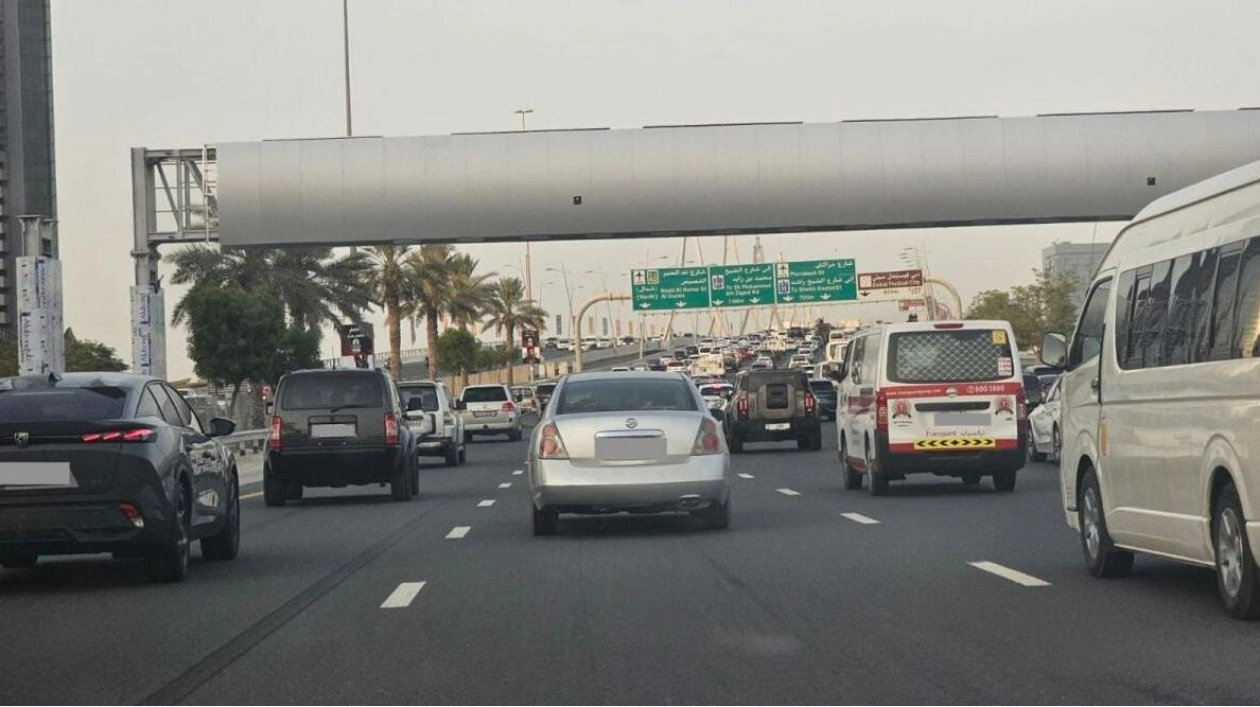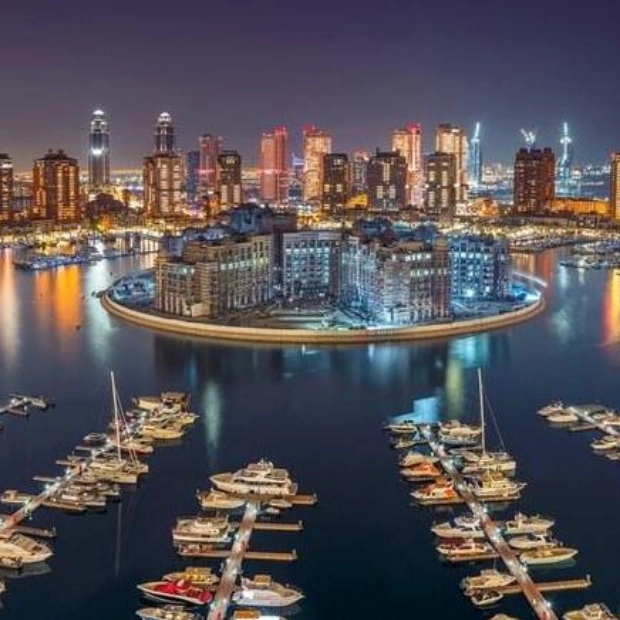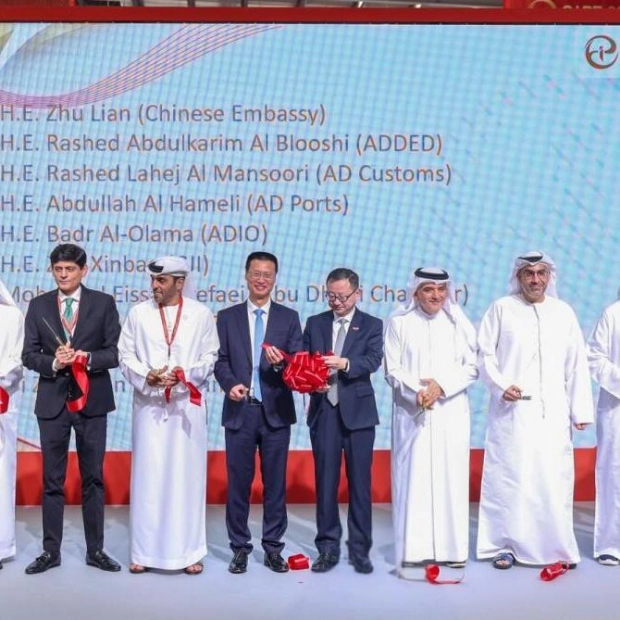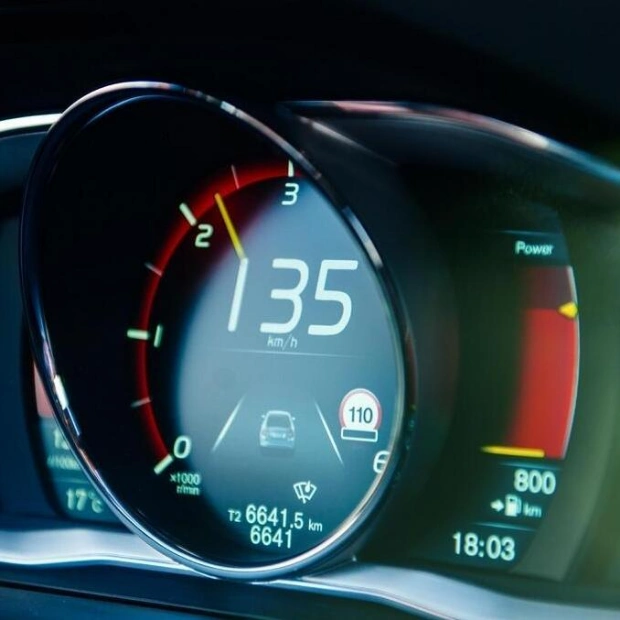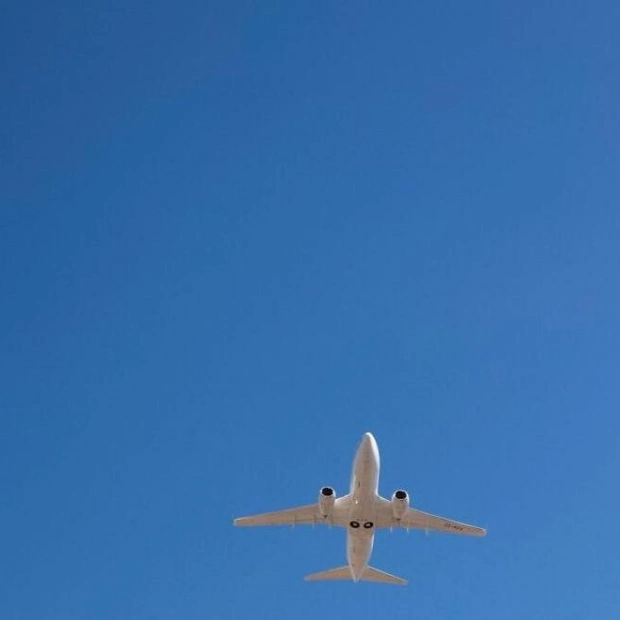The CEO of Salik Company PJSC informed Khaleej Times on Tuesday that everything is on track for the two new Salik gates, scheduled to be operational by the end of November, to enhance traffic flow and reduce congestion on major city roads. The new toll gates, situated at Business Bay Crossing on Al Khail Road and Al Safa South on Sheikh Zayed Road between Al Meydan Street and Umm Al Sheif Street, will raise the total number of Salik gates in Dubai from eight to ten.
Ibrahim Al Haddad, CEO of Salik, explained in an exclusive interview with Khaleej Times that a study by the Roads and Transport Authority (RTA) indicated significant benefits from the new gates in easing traffic and improving vehicle movement. He detailed that the Business Bay Crossing gate is expected to decrease congestion on Al Khail Road by 12 to 15 percent and reduce traffic on Al Rabat Street by 10 to 16 percent. For the Al Safa South gate, improvements are anticipated in traffic allocation between Financial Center Street and Meydan Street, a 15 percent reduction in right-turn traffic from Sheikh Zayed Road to Meydan Street, and a redistribution of traffic to broader roads like First Al Khail Street and Al Asayel Street.
Al Haddad also mentioned that the Al Safa South gate is technically linked with the existing northern Al Safa gate, allowing for a single payment for those passing through both gates within an hour. He highlighted that the current eight toll gates have reduced total travel time in the emirate by about 6 million hours annually and increased public transport users by approximately 9 million passengers annually.
Regarding the new gates' operations, Al Haddad confirmed their expected start by the end of November, with no anticipated delays. Both gates will be nearly 100 percent solar-powered, aligning with Dubai’s ESG goals and Salik’s commitment to green energy. He also noted that any tariff adjustments are subject to RTA and Executive Council of Dubai approval. The new gates will function similarly to existing ones, with a Dh4 fee charged automatically via the Salik tag. Al Safa South gate will be linked with the existing Al Safa North gate, similar to Al Mamzar North and South, ensuring a single charge for passing through both within an hour.
Al Haddad clarified that the introduction of new toll gates depends on traffic and congestion levels, based on technical and traffic studies. The goal is to enhance traffic flow and efficiency in Dubai’s transportation network. Financial details include a repayment plan with RTA for the new gates’ total valuation, amounting to Dh2.73 billion, with annual installments of Dh455.7 million starting from November 2024. The construction cost for both gates is approximately Dh65 million, to be reimbursed by RTA on a cost + 10 percent basis.
Salik’s revenue-generating trips increased by 4.9 percent in the first half of 2024, reaching 238.5 million, and total revenue rose by 5.6 percent to Dh1.1 billion. This growth reflects increased traffic volumes and economic activity in Dubai, supported by the government’s focus on human well-being and urban innovation.
